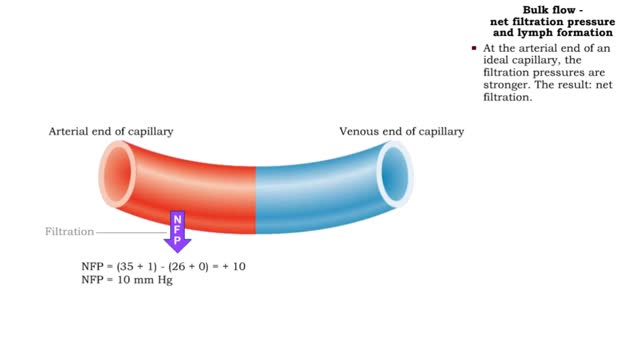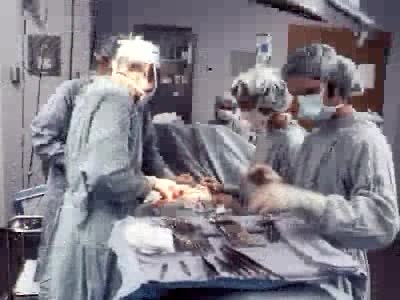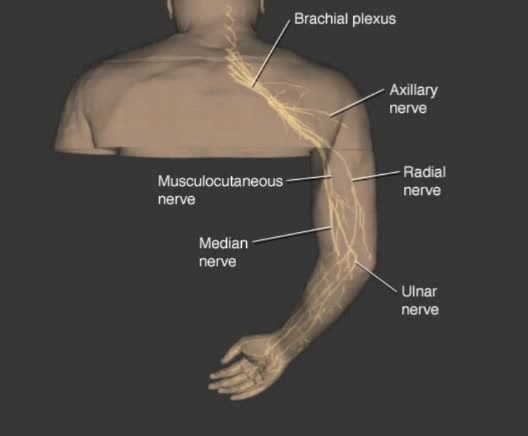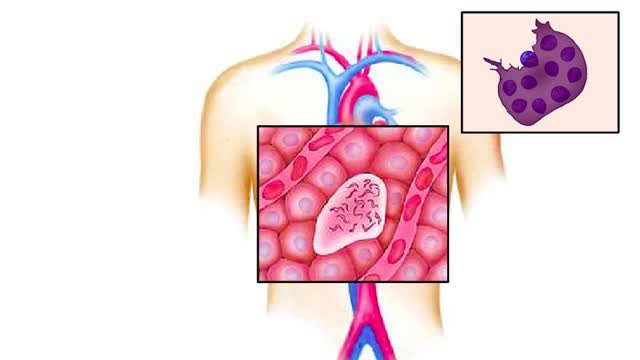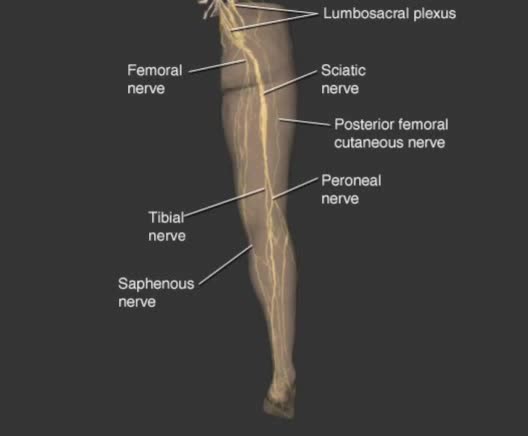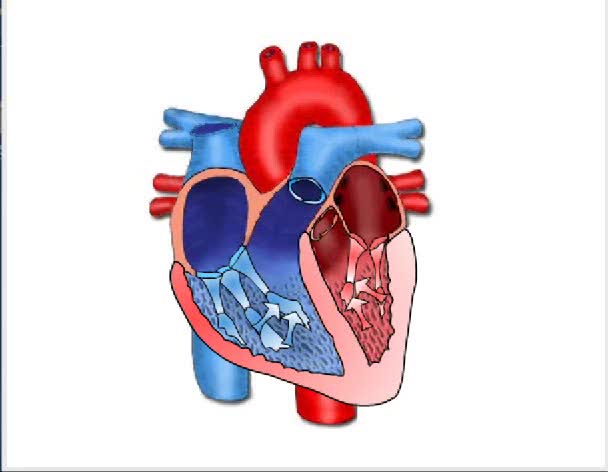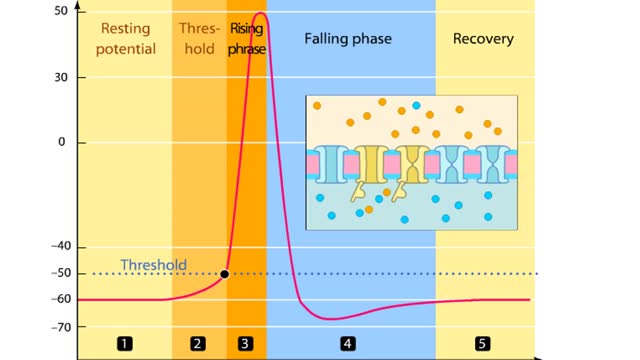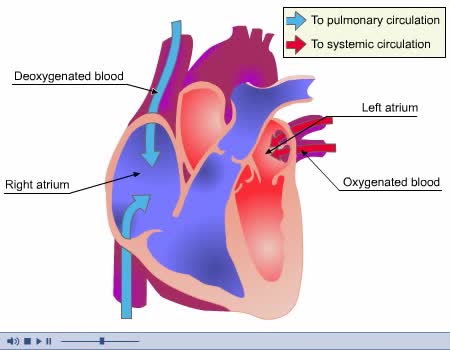Search Results
Results for: 'negative blood type women'
Bulk flow - Factors that influence bulk flow
By: HWC, Views: 11256
• Bulk flow helps regulate the relative volumes of blood and interstitial fluid. • Flow from blood to interstitium is called filtration. ■ Flow from interstitium to blood is called reabsorption. ■ Four factors determine the net direction of capillary exchange. ■ These factors in...
Introduction to Erectile Dysfunction
By: Administrator, Views: 370
Erectile dysfunction (ED), also known as impotence, is a type of sexual dysfunction characterized by the inability to develop or maintain an erection of the penis during sexual activity. Erectile dysfunction can have psychological consequences as it can be tied to relationship difficulties and se...
By: Administrator, Views: 425
Used to describe neuronal processes conducting impulses from one location to another. Nerve fibers: - Nerve fibers of the PNS are wrapped by protective membranes called sheaths. - Myelinated fibers have an inner sheath of myelin, a thick fatty substance, and an outer sheath or neurilemma compo...
Apicomplexan life cycle Animation
By: HWC, Views: 5418
Malaria is caused by the sporozoan, Plasmodium. It is transferred to humans by mosquitoes. When an infected mosquito feeds, infective sporozoites move from her salivary glands into the human body. The bloodstream carries the sporozoites to the liver. Here, they reproduce asexually and...
By: Administrator, Views: 396
Used to describe neuronal processes conducting impulses from one location to another. Nerve fibers: - Nerve fibers of the PNS are wrapped by protective membranes called sheaths. - Myelinated fibers have an inner sheath of myelin, a thick fatty substance, and an outer sheath or neurilemma compo...
By: Administrator, Views: 14651
Hemodynamics is the dynamics of blood flow. The circulatory system is controlled by homeostatic mechanisms, such as hydraulic circuits are controlled by control systems. Hemodynamic response continuously monitors and adjusts to conditions in the body and its environment.
Phases of an Action Potential - Resting Potential, Threshold, Rising, Falling, & Recovery Phases
By: HWC, Views: 10448
In this tutorial, we will review the phases of an action potential measured from a small area of a neuron's membrane. The action potential can be divided into five phases: the resting potential, threshold, the rising phase, the falling phase, and the recovery phase. When the neuron is at rest,...
By: Administrator, Views: 14255
Bipolar disorder, previously known as manic depression, is a mental disorder that causes periods of depression and periods of abnormally elevated mood. The elevated mood is significant and is known as mania or hypomania, depending on its severity, or whether symptoms of psychosis are present. Dur...
Advertisement



